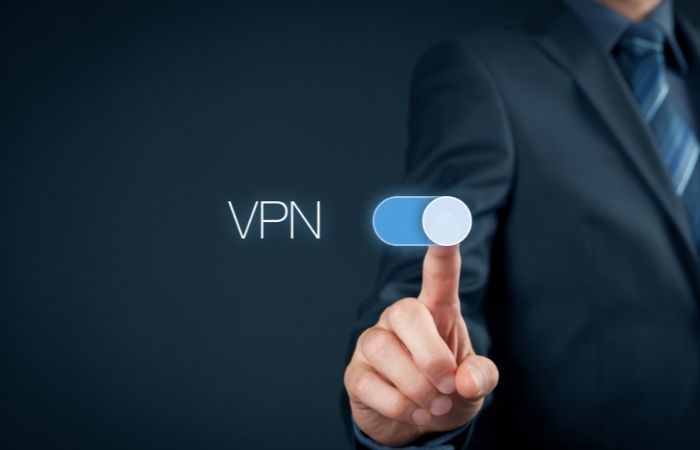The term VPN refers to a virtual private network. A VPN, in simple words, provides an encrypted server that masks your IP address from companies, government agencies, and potential hackers. Even if you use public or shared Wi-Fi, a VPN secures your identity and keeps your data secret from prying internet eyes.
Instead of forwarding your internet connection to a hosted server, a VPN bypasses your ISP. Thanks to servers positioned worldwide, users may “relocate” themselves and access the internet from practically any place. Encryption gives an added degree of protection, especially for firms that use remote access often. Travel, gaming, and streaming may all benefit from it. Check out Surfshark to download the latest working VPN.
Here are a few of the important reasons why you should always use a VPN while using a Public Wifi:
1. Public Wi-Fi Security
Public Wi-Fi is convenient, but it puts your security at risk. While reading emails at a nearby café or scrolling through Instagram in a public place, someone may be tracking your internet activities.
A VPN protects your data when using other networks by hiding your browser history, financial records, important passwords, and other relevant information from unscrupulous people on the internet.
2. Your Internet Service Provider’s Data Privacy
When you use your own Wi-Fi rather than a public wifi connection, you can avoid random people attacking you on the internet. However, your personal information still stays public.
Your ISP or internet service provider—Comcast, Verizon, or any other monthly Wi-Fi provider—has access to all of your internet data. Your Internet service provider may have access to information on what are you browsing through your devices.
Even when you are using the “private” or “incognito” browsing mode, this information can be collected and sold to advertisers, and it can be detrimental if the wrong people find out about it in the case of a data breach. Using a VPN, you can hide your IP address from your ISP.
3. The Apps And Services You Use Protect Your Data
With your Internet service provider, you haven’t just brought a possible risk into your residence. Many of our preferred applications and websites, like Twitter and Instagram, have been thrashed for inappropriate data handling.
Most apps and websites won’t be able to correlate your actions to your computer’s IP address if you are using a VPN. It can also stop your location and internet history from being tracked.
4. Anywhere, Anytime Access To Any Content
While Netflix may object to you using a VPN to view the latest episodes of your favorite TV show in a country where the content isn’t accessible, VPN use isn’t illegal in the United States or most other countries, and it may be a useful workaround for content restrictions.
VPNs disguise your location and make it look as if you’re online from somewhere else.
5. When Working At A Distance
A VPN’s data encryption capabilities are one of its advantages. Encryption, or converting data into a coded format that obscures its meaning, allows you to protect sensitive information.
If you’re considering using a VPN for your business, one advantage is that employees may access your network and look at confidential data on their own devices when they’re not at work. Because remote work may be possible long after the epidemic, a VPN is an excellent investment to keep sensitive data safe off-site.
Conclusion
We hope you learned a good deal about using VPNs and would employ it in your daily internet streaming. Thanks for reading!








